In an increasingly complex and unpredictable world, high-profile clients face unique vulnerabilities that may lead to unforeseen crises. Whether a natural disaster impacts your business operations, a security breach threatens your reputation, or a personal emergency disrupts your life, being prepared to face these challenges with a robust crisis management plan becomes vital to your success and well-being.
In this blog article, we will delve into the essential components of a comprehensive crisis management plan for high-profile clients. We will discuss the importance of conducting a thorough potential risk assessment, developing a proactive communication strategy, assembling a crisis management team, and cultivating a mindset of adaptability and resilience. Through this understanding, you will recognize the value of partnering with an elite security company that can help design and implement a tailored crisis management plan, readying you for the inevitable uncertainties life may bring.
At Ultimate Security Services, we specialize in providing high-profile clients with bespoke crisis management plans that not only mitigate potential damage but also promote adaptability and resilience during turbulent times. Together, we will navigate the complexities of your unique situation, develop a tailored strategy, and equip you with the necessary tools to face any crisis that may come your way confidently.
Thorough Risk Assessment: Identifying and Prioritizing Potential Crises

A critical first step in developing a comprehensive crisis management plan for high-profile clients is conducting a thorough risk assessment. This process involves evaluating the unique vulnerabilities and potential crises you may face, taking into account factors such as your profession, public exposure, objectives, and lifestyle.
By identifying and prioritizing potential crises, you and your security team can develop strategies to mitigate their impact. A well-constructed crisis management plan based on a robust risk assessment ensures that you are prepared to address any challenges that may arise, ultimately safeguarding your goals, reputation, and well-being.
Proactive Communication Strategy: Control the Narrative
During a crisis, the way information is communicated can have a significant impact on the outcome. A proactive communication strategy is essential to maintain control of the narrative and mitigate any potential damage to your public image. Key elements of a proactive communication strategy include:
– Identifying and engaging with relevant stakeholders, such as employees, family members, friends, and media
– Preparing key messages that convey transparency and accountability
– Designating an official spokesperson who is authorized to speak on your behalf
– Establishing channels for real-time communication with stakeholders to provide updates throughout the crisis
By implementing a proactive communication strategy as part of your crisis management plan, you can effectively navigate sensitive situations, maintain stakeholder trust, and minimize damage to your reputation.
Assembling a Crisis Management Team: Bringing Together the Right Expertise

A successful crisis management process relies on the expertise and cooperation of a dedicated crisis management team. The composition of this team may vary depending on your specific needs and the nature of the potential crises you have identified during the risk assessment process. However, typical members of a crisis management team include:
– Security professionals with expertise in risk assessment, mitigation strategies, and effective responses
– Legal counsel to guide on legal implications of the crisis and potential actions
– Public relations or media experts to manage communication and help shape the narrative
– Personal support network, including friends, family, or trusted advisors who can provide emotional support and insight
Together, your crisis management team will strategize, develop action plans, and ensure that all necessary resources are coordinated to effectively manage any potential crisis that may arise.
Cultivating Adaptability and Resilience: The Mindset for Effective Crisis Management
Beyond robust strategies and a dedicated team, your ability to adapt and remain resilient during a crisis is paramount to a successful crisis management process. Cultivating a mindset of adaptability and resilience involves:
– Embracing change and being willing to adjust strategies or tactics as needed
– Maintaining a proactive approach, anticipating potential challenges, and preparing solutions
– Developing a support network that fosters trust and open communication
– Engaging in regular self-care, such as exercise, adequate sleep, and stress management techniques, to ensure your physical and mental well-being
By developing this mindset and nurturing your ability to adapt and persevere during difficult times, you will be better equipped to successfully navigate any crisis that may come your way.
Trust Ultimate Security Services to Prepare You for Life’s Unforeseen Challenges
In today’s rapidly changing and unpredictable world, high-profile clients must be prepared to respond effectively to a wide range of unforeseen events. A comprehensive crisis management plan, consisting of a thorough risk assessment, proactive communication strategy, dedicated management team, and a mindset of adaptability and resilience, can provide the tools necessary to address any crisis with confidence and poise.
We work with high-profile clients to develop bespoke crisis management plans that meet their unique needs and vulnerabilities. Our team of security professionals, legal experts, and media and communication specialists will work with you to anticipate and respond to potential crises, ensuring your goals and well-being remain on track.
Invest in your future by partnering with Ultimate Security Services for tailored crisis management planning. Contact us today to learn how our security services in Toronto can help you prepare for and successfully navigate life’s most unpredictable moments.



